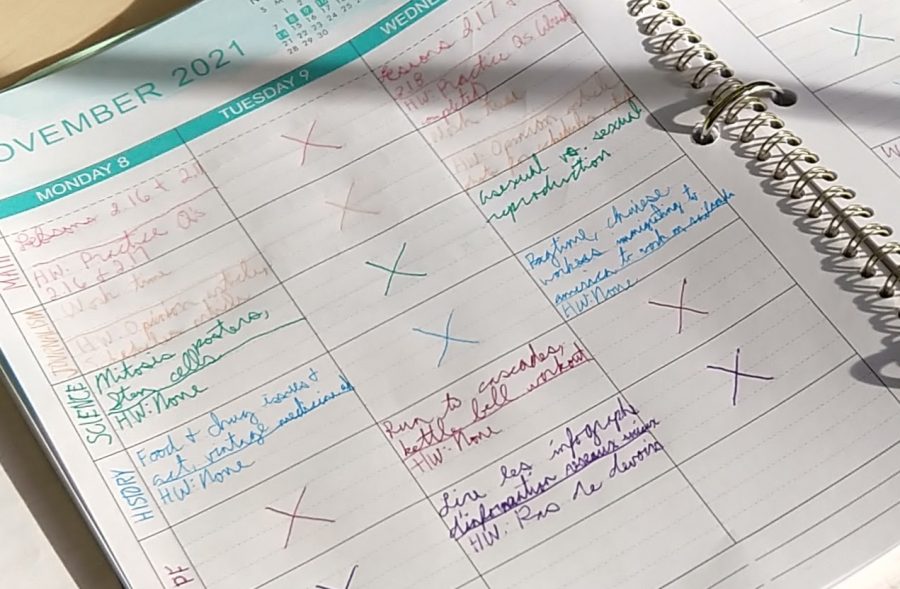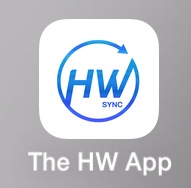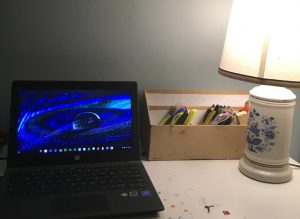Schedules: How do They Affect Us?
Planning and schedules are important, at least according to Christine Adams, the assistant secretary at CHS. She emphasizes the importance of not jumping right into an assignment, but instead stopping for a moment to think about the most effective way to do it.
“The outline is something that every single person says they don’t need,” Adams said. “And you don’t, you don’t need it, you want it. It will make your paper go so much faster because what you’re actually doing [when you just go for it] is doing a first draft in content form that you’re going to permanently f*ck up.”
Adams follows her own advice and schedules her time strictly, making sure she has time to work and time to relax. Her schedule is very similar to students: she arrives at 8:00 a.m. and works the whole day, only stopping for lunch, which she holds sacred. For her, relaxation time is as important as work time, and she doesn’t let work into her free time. Because of this, Adams had a hard time when she worked as a real-estate agent.
“I actually had a great deal of nerves when I was an agent because they don’t have schedules,” she said. “I don’t typically work well without a schedule. That’s probably the nicest way to put it. I fully grow roots, and I will read an entire book over a weekend or I’ll play a video game. But I don’t ambiently work, so I need to make the dedicated decision to schedule something if you want to do anything with me, usually. That includes work.”
For a similar reason, Adams doesn’t like having homework. Unlike students, she has the option to not let herself have that, and she takes advantage of that. But some CHS students are not so lucky.
“Homework is so stupid,” said Izzy Sluymers-Tuccinardi, CHS sophomore. “We already have to suffer throughout the day and I feel like it’s unfair to make us go home and complete [homework] when we don’t know people’s home situations. Maybe people don’t have anyone to help them or maybe they have home problems or maybe they just don’t want to do homework, or they have other things. I feel like school should be able to teach you enough in the time period and not make you go home and do more work, because that’s what I find myself [doing].”
Sluymers-Tuccinardi isn’t the only one who doesn’t enjoy or schedule homework.
“I kind of procrastinate and then do homework at school, to be honest,” said Ryan Villanueva, CHS junior. “It’s not the best system.”
Zion McLilley, CHS sophomore, takes a completely different stance on this.
“It’s manageable because I don’t do it,” he said.
Marci Tuzinsky, CHS dean, doesn’t have specified homework, but she’s working all the time, and usually leaves the school after everyone else.
“I am in meetings most of the day, and the reason why I stay here late is because that’s the only time I actually can get stuff done.”
Like Adams, Tuzinsky finds it important to schedule things out. She uses a planner in addition to Google calendar, which she designs to fit her needs.
“I have mine [planner] set up so that in between every week are just blank pages, but I always turn them into agendas I have going, communications I need to send out, what do I need to make sure it goes in the forum bulletin; when I talked to my boss, Rebecca, Jefferson, Forum Council, what do I want to talk with him about and I put that between each page,” Tuzinski said. “I actually ordered this planner online and I made it exactly how I wanted after doing this for years and years and I realized what works for me.”
One thing Tuzinsky had been doing for a while was, as part of her morning routine, reading a quote, then spending ten to twelve minutes coloring while she listened to a prayer. However, she has taken some shortcuts since her schedule has been busier.
“I thought if I just listened or thought about my quote for the day or something like that, that I would still be centered, but I’m not,” Tuzinsky said.
Tuzinsky is not the only one who has had to cut mental health time to work.
“I just feel like if I didn’t [do homework], I would still be able to have time to do things I love,” Sluymers-Tuccinardi said. “I just feel like if my schedule was bit more manageable just in general or if school just didn’t exist, or at least when I got home I didn’t have to worry about it, I feel like my wrinkles would go down and my stress level would go down my blood pressure would go down, I’d be able to focus on other important things in my life.”













